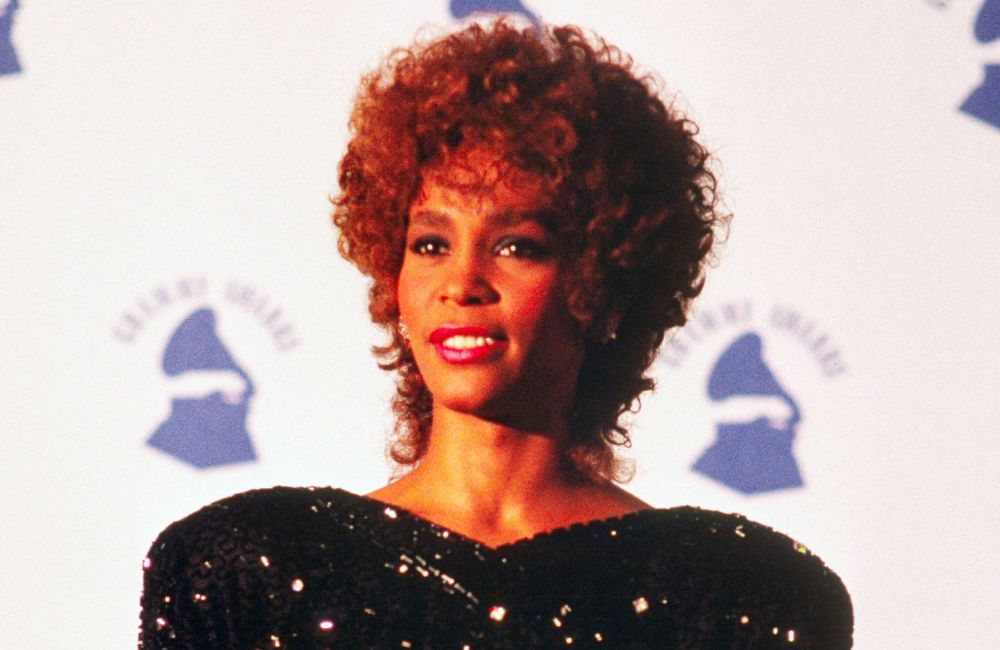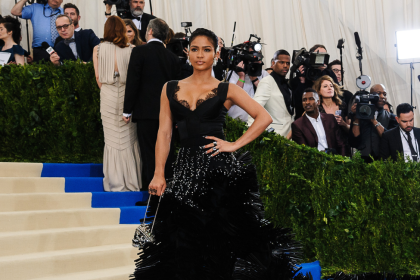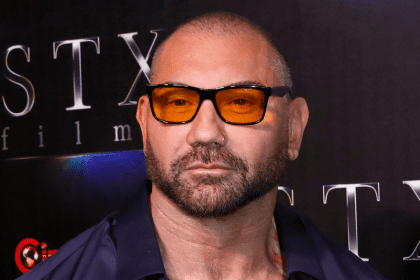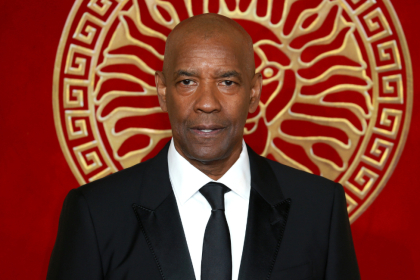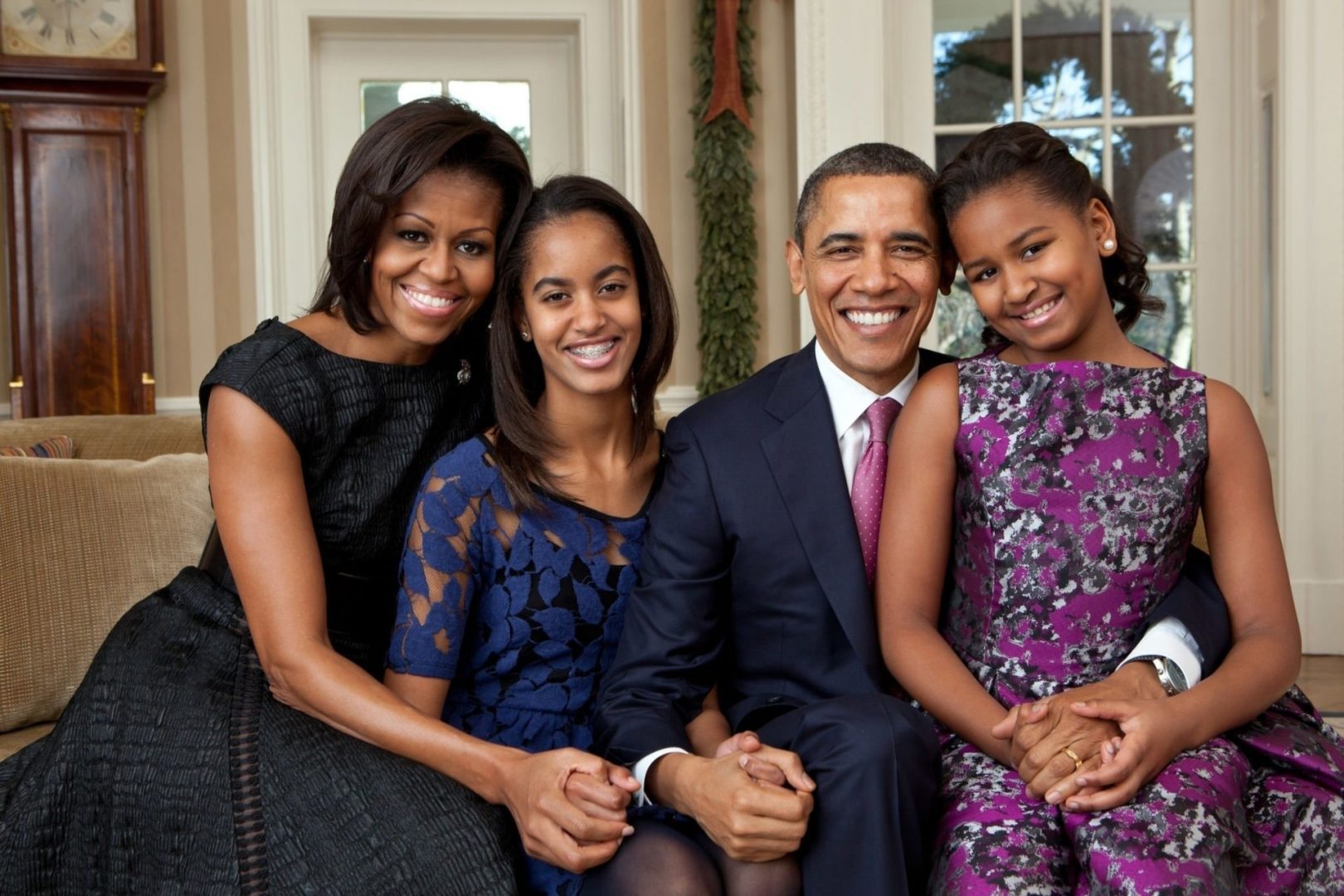Whitney Houston‘s former bodyguard was tempted to “give up everything” to become the singer’s lover.
The troubled singer died of a drug overdose in 2012 at the age of 48 and her former minder David Roberts, 73, on whom the 1992 movie ‘The Bodyguard‘ is loosely based, has now opened up about how he grew so close to the star while protecting her he considered crossing the line from her protector to romantic partner. The film went on to gross over $400 million worldwide and spawned one of the best-selling soundtracks of all time.
“If you cross that line, you lose your objectivity, and that makes it dangerous for the person you’re protecting,” Welsh-born David, who was Whitney’s bodyguard from 1988 to 1995, told the Daily Mail about being tempted to “give up everything” to change the nature of their relationship. His seven-year tenure with Houston coincided with some of her biggest career achievements.
“That was why Frank Farmer (Kevin Costner’s character in ‘The Bodyguard’) and Rachel Marron (Whitney’s role in the film) couldn’t be together. He crossed the line and that was the end of him in the capacity of what he was employed to do. Much of what was contained in the film, she and I actually lived through. Little details such as Rachel holding onto the back of his shirt to escape crowds of fans. That was how we did it.” The film’s portrayal of their relationship sparked widespread speculation about their real-life dynamic.
David, who now lives in Florida, was speaking ahead of the publication of his memoir ‘Protecting Whitney’, set to be released in January 2025. The book promises to reveal previously undisclosed details about their time together during Houston’s peak years.
He also revealed he still has a note that Houston wrote him more than 35 years ago, adding: “It was a Post-it note and she pushed it under the door of my room at the Regency Hotel in Hong Kong in 1988. I still have it – it’s rather faded with time but still precious to me.” This memento serves as a testament to their close professional relationship during Houston’s world tours.
David told The Guardian in 2017 he initially did not want to take the job of guarding Whitney as he assumed she would be a high-maintenance showbiz client. His preconceptions about celebrity protection were challenged by this assignment.
“I was singularly impressed by her. The stereotypical attitudes I had of that industry were completely dissipated by this sophisticated young lady,” he said about how his opinion of the singer changed when they met. Whitney’s professionalism and character left a lasting impression on her former protector.
He also told The Guardian Whitney’s death could have been prevented if her inner circle had done more to protect the performer. Her tragic passing sent shockwaves through the entertainment industry and raised questions about celebrity welfare.
“So many people could have done so much to avoid that. They didn’t. They abdicated responsibility in favour of greed,” David hit out. His criticism highlights the ongoing debate about the responsibilities of those surrounding major celebrities.
The relationship between Houston and Roberts mirrors similar cases of close bonds forming between celebrities and their security personnel, a phenomenon that has been documented throughout entertainment history. Their story particularly resonates given Houston’s iconic status and tragic end.
Roberts’ upcoming memoir is expected to provide unprecedented insights into Houston’s life during her most successful period, including her record-breaking world tours and the filming of ‘The Bodyguard’. Industry experts anticipate the book will shed new light on both the professional and personal dynamics of celebrity protection.
His revelations come at a time when Houston’s legacy continues to influence popular culture, with various projects about her life in development. The singer’s impact on music and entertainment remains significant over a decade after her passing.

